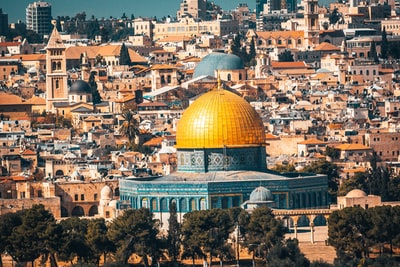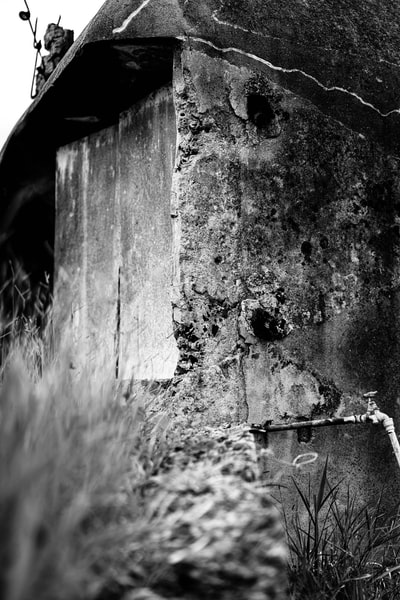Founding of the PLO

In the years after the Suez War Arab states made efforts to build up their militaries (sometimes with help from the USSR), and also entered into cooperation agreements such as the Egypt-Syria Defence Pact of 1966. Many Arab states were eager to get revenge for Israel’s military victories in 1948 and 1956.
Yom Kippur War, 1973

The same basic motivations of the Arab nations for going to war again were basically the same as before. The difference this time, however, was that countries such as Egypt had even more weaponry provided by the Soviet Union than they had had before. By the same token, Israel was provided with lots of US military support.
Syria launched an attack on Yom Kippur, a Jewish holy day. Israel was unprepared for the attack. At the same time, Egyptian forces entered the Sinai region. Where in the past the Israeli air force had been able to attack enemy targets unopposed, this time many of their planes were shot down by Soviet-provided anti-aircraft missiles.
Bucking the trend of the last three wars, this one wasn’t looking so good for Israel. But then things started to go their way, partly because the Egyptians went too far beyond where they were protected by their anti-aircraft weapons, and partly because America provided lots of new military equipment to Israel. Israel pushed back against the Arab forces, and a cease fire was called on 24th October.
Consequences of the War

So after the War, various Arab League countries and Iran (who formed an oil exporting bloc called OPEC) declared an oil embargo against the USA and Western Europe. The price of oil for these countries quadrupled overnight, causing economic havoc. The embargo stayed in place until March 1974.